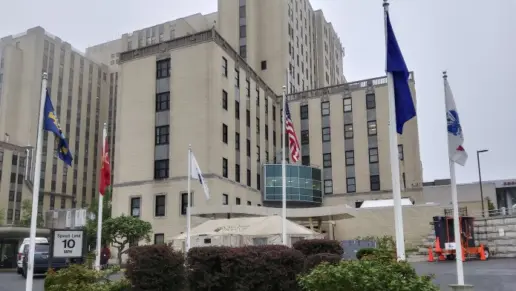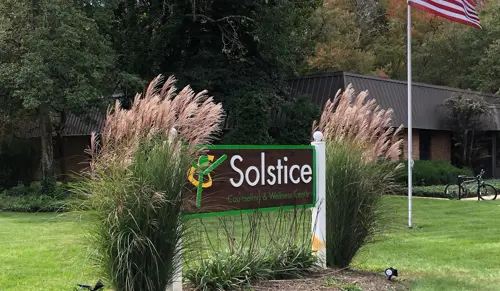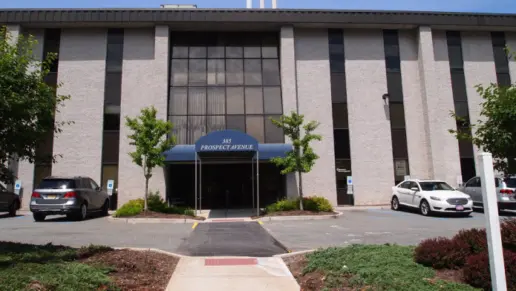I am 100% sure God speaks to your heart as it transforms your life here. Everyone was very generous and consistently kind.
About America’s Keswick Christian Retreat and Conference Center
America’s Keswick Addiction Recovery Center is located in Manchester Township, New Jersey. This is a faith based, gender specific treatment center with a beautiful rustic lake view surrounded by wooded scenery. These services are available for both men and women over the age of 18. The level of care they offer here is residential treatment and can range from six to 12 months or sometimes longer depending on what is recommended. This facility accepts cash and card payments.
The men’s recovery center helps provide them with a day to day routine and structure for them to develop and strengthen a relationship with God and receive spiritual counseling as well as trauma counseling. During these sessions, you’ll learn how to manage stress and develop coping skills while also attending group therapy.
This helps create accountability and allows clients to receive support from one another and develop a sense of belongingness and fellowship. Biblical studies and worship time will also be a part of treatment. They also help you get involved in community service work by connecting you with one of their departments. Your work time will range anywhere from six to eight hours a day.
The women’s recovery center offers a more cozy home like setting to help you get situated and acclimated in a new environment. During your stay here, they will teach you skills to help you advance which include cooking, maintenance, managing financial responsibilities, developing computer skills and also strengthening your spiritual wellness. The facility is unable to assist pregnant women due to stairs and bunk beds. Recreational activities, daily worship and work therapy as well as counseling sessions will all be part of your treatment plan.
Rehab Score
Gallery
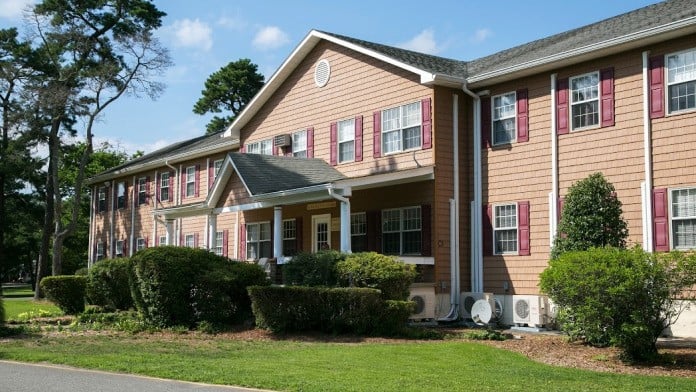
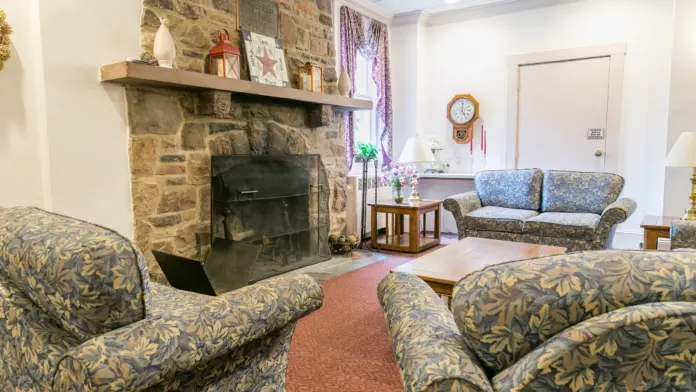
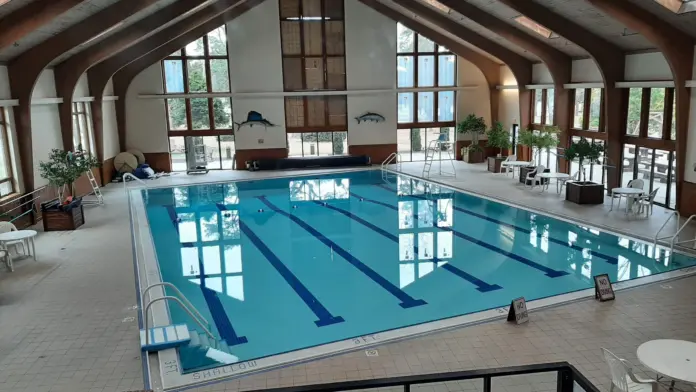
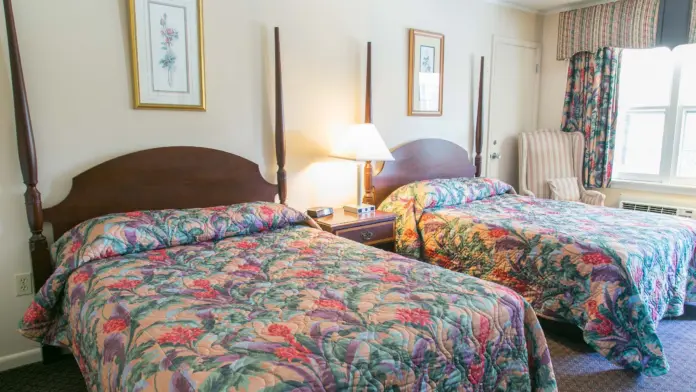
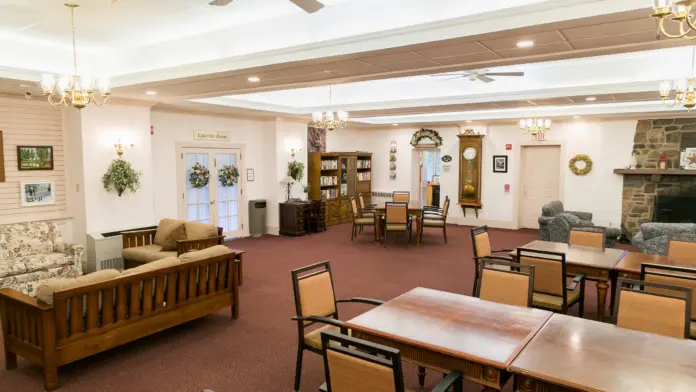
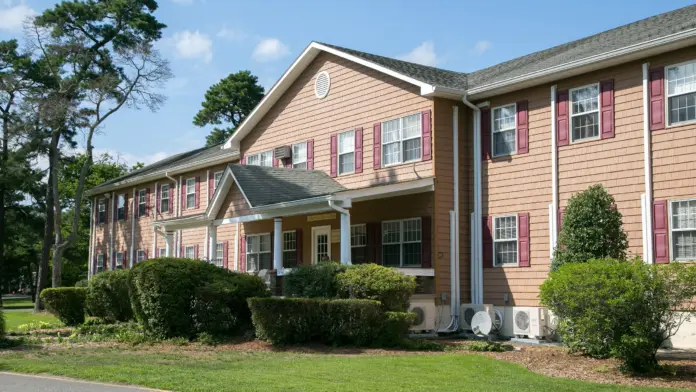
Location
Other Forms of Payment
Self-pay involves paying for treatment out of your own pocket. You can use savings or credit, get a personal loan, or receive help from family and friends to fund your treatment. If you don't have insurance or your insurance plan doesn't cover a specific program, self-pay can help ensure you still get the care you need.
Addiction Treatments
Levels of Care
Treatments
The goal of treatment for alcoholism is abstinence. Those with poor social support, poor motivation, or psychiatric disorders tend to relapse within a few years of treatment. For these people, success is measured by longer periods of abstinence, reduced use of alcohol, better health, and improved social functioning. Recovery and Maintenance are usually based on 12 step programs and AA meetings.
Drug rehab in New Jersey is the process of addressing the complex issues involved with addiction. Challenges are identified and addressed through individual and group counseling. Participants learn how to manage these issues without the use of substances.
Opioid rehabs specialize in supporting those recovering from opioid addiction. They treat those suffering from addiction to illegal opioids like heroin, as well as prescription drugs like oxycodone. These centers typically combine both physical as well as mental and emotional support to help stop addiction. Physical support often includes medical detox and subsequent medical support (including medication), and mental support includes in-depth therapy to address the underlying causes of addiction.
Substance rehabs focus on helping individuals recover from substance abuse, including alcohol and drug addiction (both illegal and prescription drugs). They often include the opportunity to engage in both individual as well as group therapy.
Programs


Clinical Services
Group therapy is any therapeutic work that happens in a group (not one-on-one). There are a number of different group therapy modalities, including support groups, experiential therapy, psycho-education, and more. Group therapy involves treatment as well as processing interaction between group members.
In individual therapy, a patient meets one-on-one with a trained psychologist or counselor. Therapy is a pivotal part of effective substance abuse treatment, as it often covers root causes of addiction, including challenges faced by the patient in their social, family, and work/school life.
Whether a marriage or other committed relationship, an intimate partnership is one of the most important aspects of a person's life. Drug and alcohol addiction affects both members of a couple in deep and meaningful ways, as does rehab and recovery. Couples therapy and other couples-focused treatment programs are significant parts of exploring triggers of addiction, as well as learning how to build healthy patterns to support ongoing sobriety.
Research clearly demonstrates that recovery is far more successful and sustainable when loved ones like family members participate in rehab and substance abuse treatment. Genetic factors may be at play when it comes to drug and alcohol addiction, as well as mental health issues. Family dynamics often play a critical role in addiction triggers, and if properly educated, family members can be a strong source of support when it comes to rehabilitation.
Life skills trainings involve all the skills a person must have in order to function successfully in the world. These include time management, career guidance, money management, and effective communication. Truly successful addiction recovery is based on the ability to not only live substance-free, but to thrive. Life skills teaches the practical necessities of functioning in society, which sets clients up for success in life, and therefore sobriety.
Staff

President & CEO
Contact Information
601 County Rd 530
Manchester Township NJ, 08759
